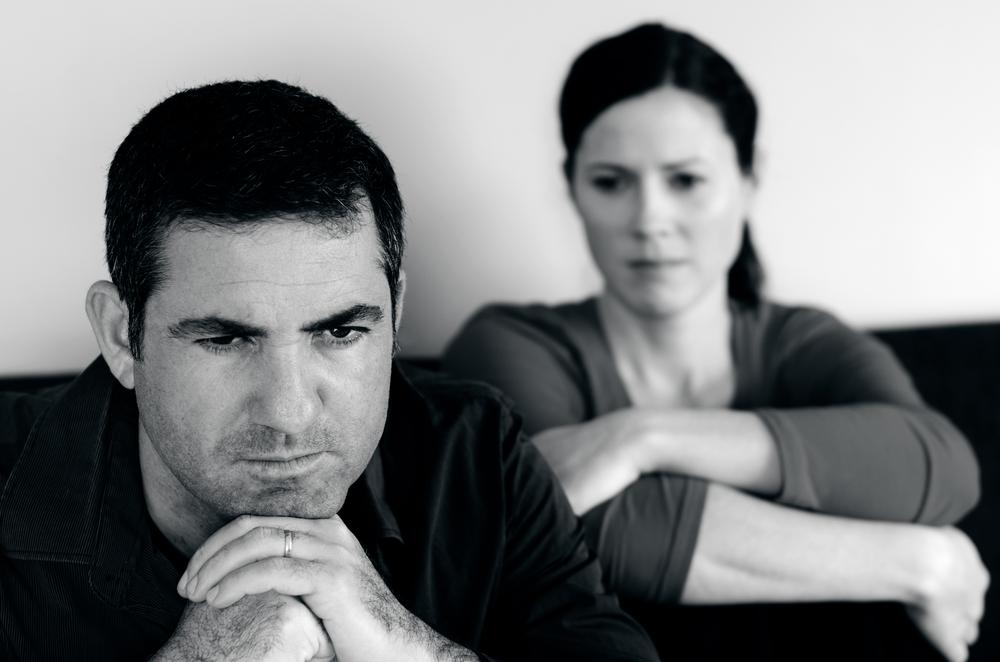James and Anna came to see me because of a big fight they were embroiled in. The issue was money, which I learned was something they had been arguing about for years, with no resolution. They had vastly different ideas and values around money, different narratives on its importance and meaning, and what it represented. Within a few minutes, however, it became clear that money was not their only—or actual—problem.
My work with Anna and James, as I saw it, wasn’t just to mediate their current and ongoing struggle but to create relational harmony between them and to help them be together in a way that was indeed harmonious. So then, the question begs, what is harmony in a relationship? We use the word a lot, usually to describe a relationship in which people seem happy and their interactions are easy and relatively conflict-free. We consider two people in harmony when they fit together like concordant notes in a pleasing musical chord. And yes, all this is true. Such relationships are harmonious. But there is one element of relational harmony, which may be the most important and defining one, that we deeply misunderstand and that causes much of our unhappiness in relationships.






